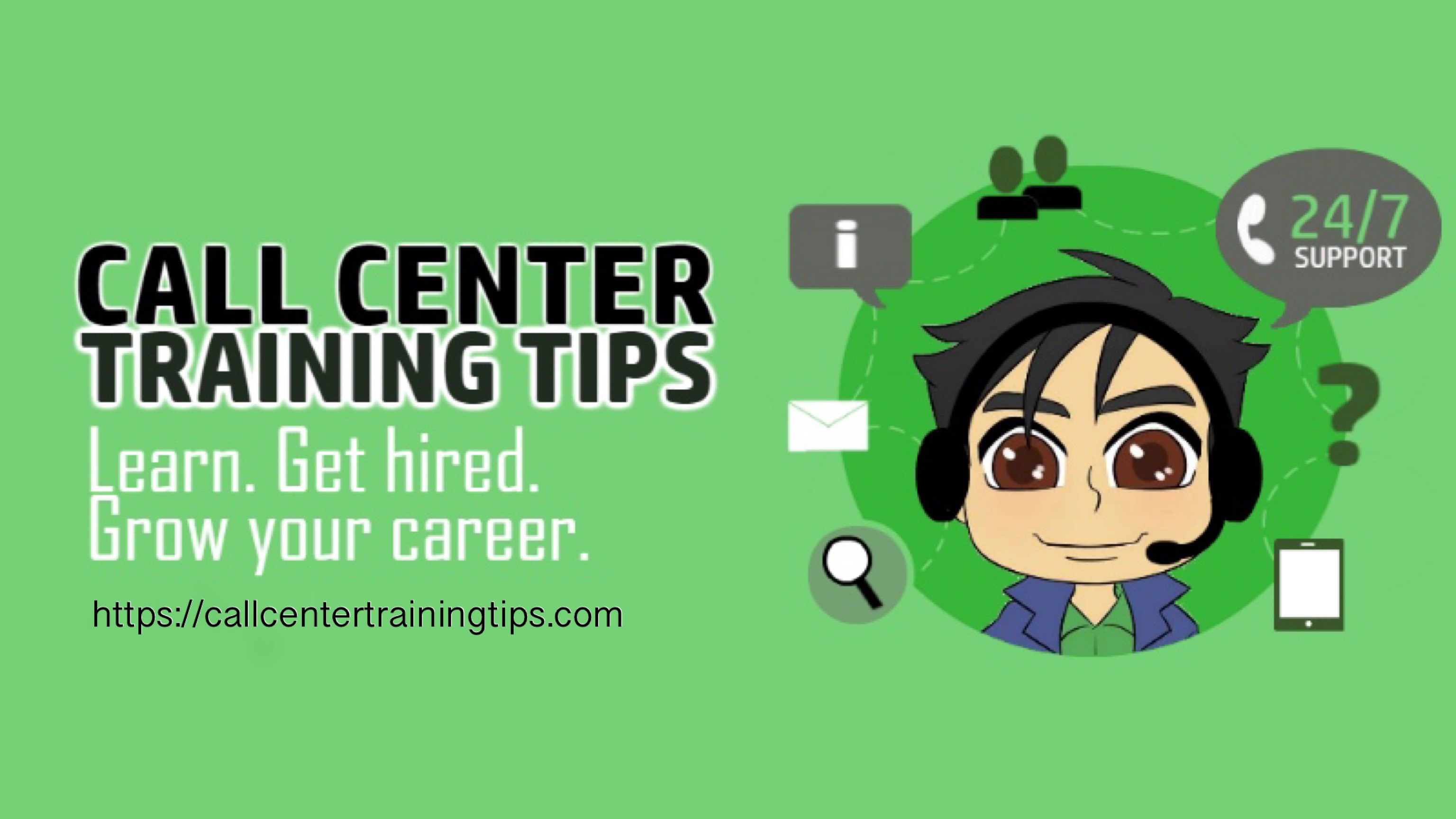
📦 This topic is now included in the full guide: Call Center Basics
(You’re currently viewing the original version of this post. The updated guide contains additional info and related topics.)
layout: post title: Call Center Hiring Process date: 2020-05-29 11:11 author: Kevin Olega permalink: /recprocess/ —
May 29, 2020 · written by Kevin Olega
Getting hired in a call center has multiple stages.
American companies are hiring Filipinos to represent their company.
You typically send your resume to a recruiter and fill out an online form.
Requires: Resume
For walk-in applications, you go directly to the company to apply.
Many call center companies follow a one-day process and can complete the recruitment screening on the spot.
Requires: Printed resume, ID, pen, and notebook
Some companies will ask you to input your information into their system instead of a paper form.
You may encounter:
Requires: Basic computer knowledge
You’ll be asked to talk about:
Common questions:
📝 Pro Tip: Practice telling real stories about your experience instead of memorizing generic answers.
Group interviews may happen at the beginning or end of the process.
Formats include:
If you can handle one interviewer, you can manage multiple interviewers.
I like group interviews because the success and failure of all the other applicants give me an idea of what to say and what NOT to say during the interview.
I observe everybody’s answer, and I pay attention to who passes and fails.
This helps me avoid making big mistakes because I know more about precisely what NOT to do during the interview.
Observe other applicants. Learn from their answers—what works, what doesn’t. It helps avoid common mistakes.
You may be tested through:
Examples include writing step-by-step instructions for customer service, or telling a short story.
You’ll do a role-play:
Tasks include:
✅ Familiarize yourself with common call flows posted on this site.
Handled by HR, the business owner, or hiring manager.
This stage checks:
If successful, you’ll be scheduled for the job offer.
You may receive this the same day or the next.
Some companies offer basic training before the job starts.
You’ll learn:
⚠️ Don’t be late or absent. Some trainees are disqualified during this phase.
Don’t get too attached to fellow trainees—many won’t make it to the end.
Training focused on the account you’ll be assigned to.
You’ll learn:
When you start taking calls, you don’t say:
“Thank you for calling Sitel/Teleperformance/Concentrix.”
You say: “Thank you for calling AT&T/Comcast/Verizon,” because you represent the client, not the BPO company.
My experience:
At Comcast, training lasted one month. Then we moved to OJT.
⚠️ Be punctual. Out of 30 trainees, 6 were eliminated due to absences.
Don’t lend money to co-trainees.
You’ll begin taking live calls, supervised by a trainer or team leader.
✅ Arrive early. Ask questions. Take notes. Learn fast and focus on reducing your mistakes.
Result from my batch:
Only 10 out of 30 trainees passed OJT.
👉 Read: What happened to my 30 co-trainees
After six months, you may be eligible for regularization.
The company will assess:
Result from my batch:
Only 5 of us were regularized.
👉 Read: How I was almost terminated
Want the full roadmap to getting hired and succeeding in your first call center job?
📘 Read the complete guide here: Call Center Basics
Thank you for reading this far and thanks for your attention.
I am praying for your success. God bless!
If you made it this far, you should introduce yourself.
Join our weekend English coaching is on SALE for ₱352 a month.
